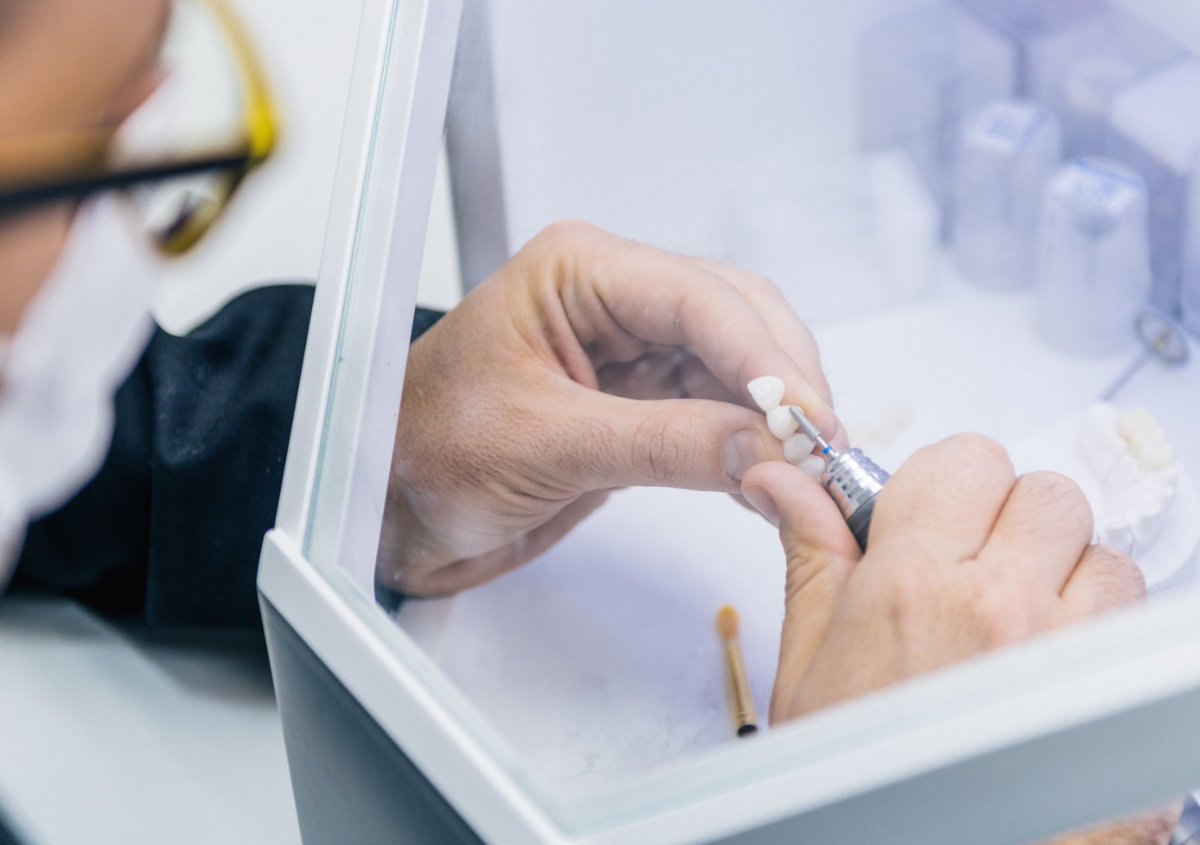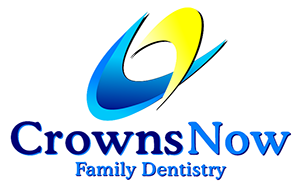
23
Dec
How to Decide Between Partial and Full Dentures

Dentures have been used for decades now and exist in a variety of forms. Among the many alternatives, there are full dentures, partial dentures, flexible partial dentures, and implant dentures. Based on your dental health, your dentist can assist you in selecting the ideal denture. Here is all you need to know about partial and full dentures and tips on when to choose which.
What are Dentures?
Dentures are detachable substitutes for missing teeth and the tissues around them. Acrylic resin, which has been bonded with different metals, is used to create them.
Who Gets Dentures?
If you’ve lost some or all of your teeth, dentures are the best option. Though they are typically associated with the elderly, dentures are sometimes worn by younger people as well.
What are the Issues Caused by Missing Teeth?
If one or more adult permanent teeth are lost, the following issues could arise:
- You could find it difficult to communicate effectively.
- Some foods may be difficult to chew when a tooth is missing, which may necessitate significant dietary modifications. This could be harmful to one’s general health because the most nutritious foods are those that are hardest to chew, such almonds, apples, and walnuts.
- The teeth on either side of a gap will eventually start to lean inward into the empty space.
Full vs Partial Dentures
To choose wisely, you must comprehend the differences between full and partial dentures. Both varieties of dentures accomplish the same goal, but addressing different issues.
When Should I Consider Partial Dentures?
If a patient still has some of their natural teeth, they can be a candidate for partial dentures. Instead of replacing every tooth in the mouth with a partial denture, gaps left by missing teeth are filled. The gums and teeth on the patient’s natural teeth serve as a match for those on the dentures. After that, the dentures are secured using the remaining teeth. In addition to addressing structural issues that influence speech and bite, partial dentures are a great way to bridge gaps in a smile.
Partial dentures can also protect the health of your natural teeth. They can stop the degeneration and weakening of the remaining teeth as well as the damaging overuse of one side of the mouth.
When Should I Get Full Dentures?
Full dentures are the best option for individuals who have few or no remaining natural teeth. They are especially useful for patients who lack intraoral tissue or have a number of severely decayed teeth. If a patient only has a few natural teeth left, they can either try partial dentures or have the teeth extracted and replaced with full dentures.
What are the Steps Involved in Getting Dentures?
You will have a consultation with your dentist to determine if dentures are the best option for you. If so, they will choose the type of dentures to use. Your teeth and gums will be addressed to ensure they are in good condition before your dentures are inserted. The dentures will then be made to fit your gums and jaws after a mould is obtained. When your dentures are prepared, they will get in touch with you to schedule a time to fit the new teeth. For more information on dentures and to choose the one that fits you the best, contact Crowns Now- Greenville – Woodruff Road. We are a passionate group of professionals who deliver top-notch family dentistry treatments. Get in touch with us today by filling out our online form.
Our 5 Locations in South Carolina



Woodruff Family Dentistry/Crowns Now
601 East Georgia Street, Woodruff, SC 29388
Crowns Now – Greenville – Woodruff Road
2080 Woodruff Rd, Greenville, SC 29607

